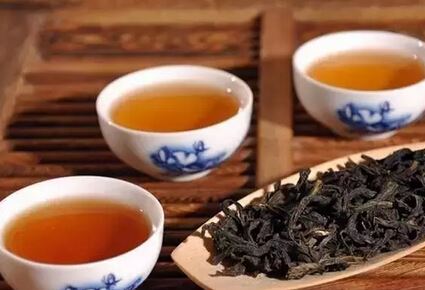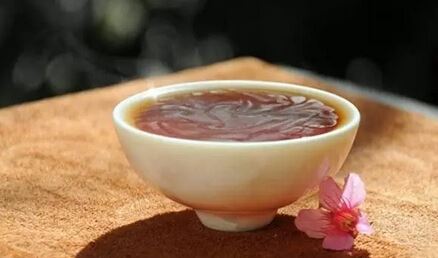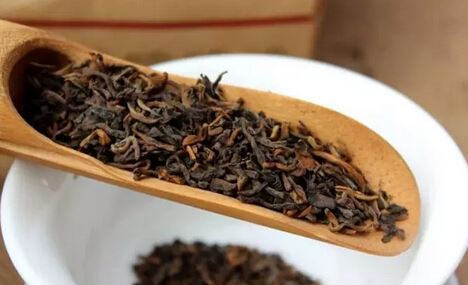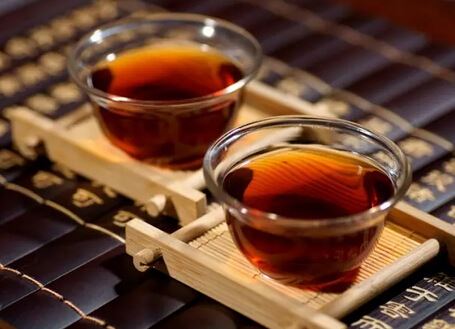Tea is a beverage with a long history, not only quenching thirst but also possessing health-preserving and nourishing functions. To enjoy a healthy cup of tea, these four points are key.
Don't Be Greedy
Do not be greedy for more tea leaves; the total amount of tea consumed daily should be controlled. Many people experience “tea intoxication” due to drinking overly concentrated or excessive amounts of tea. For example, those who rarely drink tea might become intoxicated from drinking just a little more than usual. Especially for beginners, fewer tea leaves should be used. Even regular tea drinkers should not consume more than 15 grams of dry tea per day, and the amount should be adjusted based on the age and quality of the tea leaves.

Be Patient
Many people, in an effort to capture the aroma of the tea, rush to drink it immediately after brewing. While hot tea may be fragrant, its high temperature can easily scald the oral mucosa, throat, and esophagus. Repeated scalding can lead to epithelial mutations and become a cancer risk. Therefore, one must be patient when drinking warm tea.

Make Informed Choices
There are many types of tea, and different individuals should choose appropriate teas based on their properties. Experts recommend that black tea and Pu'er tea are warmer in nature and cause less irritation to the stomach and intestines, making them suitable choices for those with sensitive digestive systems. Green Tea and Oolong tea, on the other hand, are cooler in nature and can be consumed by younger, stronger individuals with higher body heat. Some people experience tea intoxication because they usually drink highly fermented ripe teas, such as black tea or aged teas, and then suddenly switch to lightly fermented or unfermented green teas or raw teas, which contain higher levels of caffeine and are consumed in excessive quantities.

Timing Is Key
The timing of tea consumption is also important; there are certain times when it is inappropriate to drink tea. Avoid drinking tea before meals, after meals, or right before bedtime. Drinking tea before a meal can dilute gastric juices and stimulate the intestines, affecting digestion. Additionally, drinking too much tea on an empty stomach can cause tea intoxication. Drinking tea after a meal can cause complex reactions between components in the tea and food, such as tannins binding with iron in the food, which can affect normal iron absorption. Furthermore, avoid drinking tea before bed to prevent disturbances to sleep.
